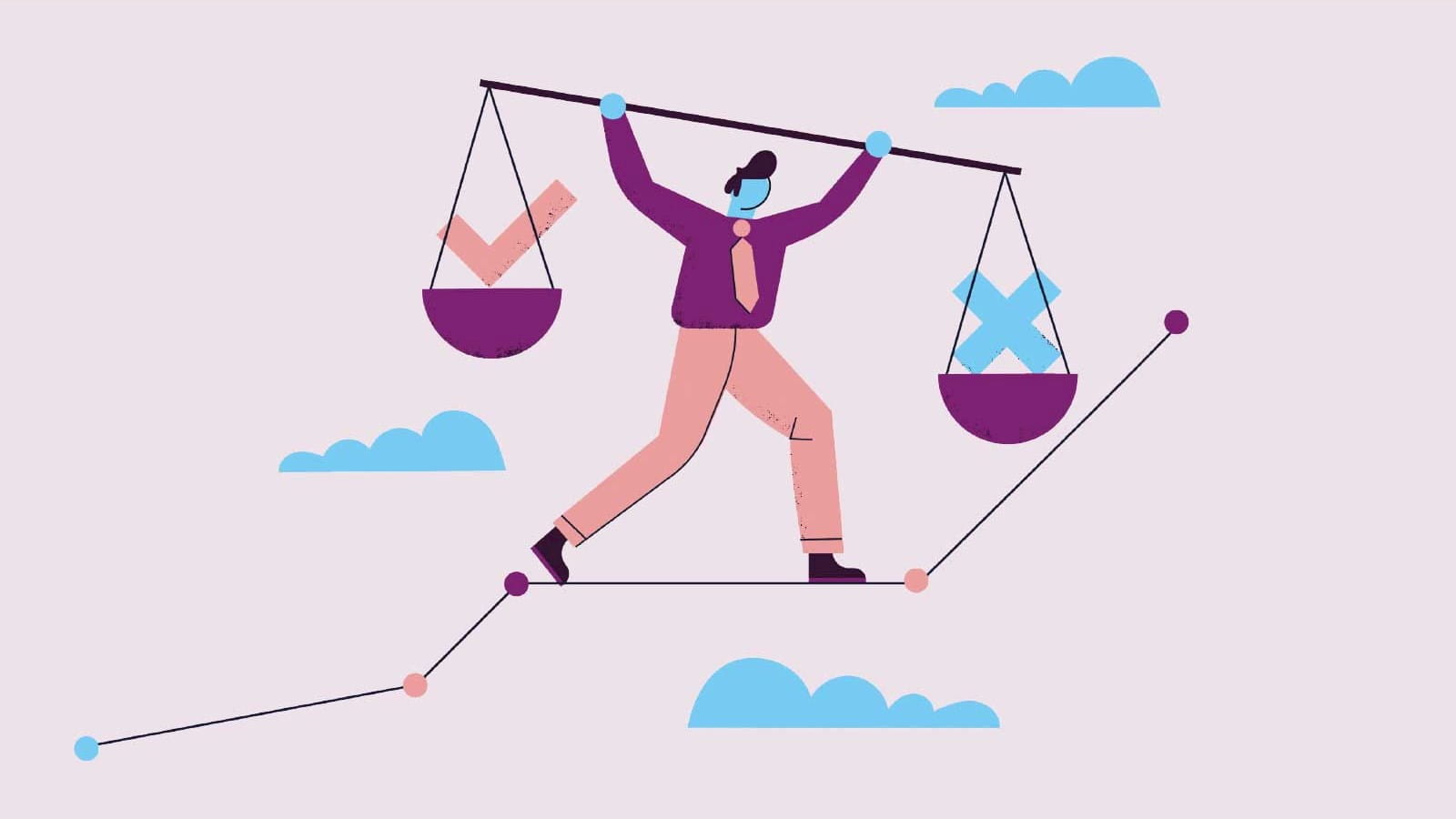We look at how current economic and professional pressures may affect ethics. Words by Rachel Willcox
The ethical conduct of individuals and firms has never been more important. An economically challenging backdrop means the temptation to operate at the very edge of the rules may be at its greatest, which is placing the profession under intense scrutiny right now.
Good ethical behaviour has long been enshrined in the profession. ICAEW’s Code of Ethics and the Financial Reporting Council’s Ethical Standard together outline the overriding principles that should form the mainstay of accountants’ activities, notably that they should behave with integrity and objectivity in all professional and business activities and relationships.
However, in practical, day-to-day terms, it’s the role of the ethics partner to ensure that firms implement ethical standards, monitor them and act as arbiter when there are difficult judgements to be made.
The debates that ethics partners are increasingly being drawn into cover a broad range of areas, in part thanks to recognition that good ethical behaviour across all aspects of a business is both good business and good for business.
“The role is defined in the Ethical Standard but it goes much further than financial statements audits,” explains Amanda Morrison, Partner, KPMG. “It’s wider than whether you can have a relationship with a company you might audit. It’s a very broad topic.”
Tone at the top
David Isherwood, Head of Technical Services Group, Audit Advisory team, at BDO and the firm’s Ethics Partner, says: “It’s as much about how people should behave, about culture and treating people fairly. One minute I might be asked to judge if someone can accept a pen as a thank you from a client and the next minute it’s looking at an HR issue.”
The importance of having the right culture to attract and retain talent has long been recognised. As Head of Ethics and Independence at KPMG’s UK firm, Morrison is part of a broader culture group and works closely with KPMG’s Head of People. “The ethics partner role is also a chance to make a difference for the people in your firm,” she explains. Isherwood agrees that the ethics partner role is pivotal to setting the firm’s culture, “and it’s a fundamental position that engenders trust,” he adds.
The current political and economic environment is undoubtedly increasing the scrutiny the role involves. “Work has become harder and remote working means that from an ethical point of view, it can be harder to gauge people’s stresses,” Isherwood says.
At the same time, the drive to increase diversity and avoid groupthink means the ability to recognise different opinions and to be tuned in to how any judgements might be perceived by third parties is increasingly important. There is increasing blurring of the lines between ethics and ethos, says Jonathan Russell, managing partner and Ethics Partner at the Oxfordshire-based accountancy firm ReesRussell. “Where we have a problem is that it’s not about applying the law, it’s about applying the spirit of the law, and the public mood is shifting.”
The right way
There are no formal qualifications needed to become an ethics partner. Similarly, there is no stipulated career route to assuming the role, although the FRC suggests that experience of audit and/or other public interest assurance engagements is useful. However, the ethics partner may not undertake another role within the firm which conflicts with or undermines their responsibilities as ethics partner, the FRC guidance states.
In the absence of a formal career path, the benefit of good judgement, a strong moral compass, and the courage to say “no” when it is important to do so will stand you in good stead, although Isherwood concedes that most of his time is spent advising on “the right way”.
“We work in a regulated industry and people understand the importance of the regulations and respect the role. I always take the time to explain when the answer is a no,” Morrison says.
Ultimately, though, the role of ethics partner isn’t about policing. “It’s a very human role – knowing what’s right and wrong and being able to express that to people in a way that chimes with them,” Isherwood says. Needless to say, emotional intelligence will serve you well. “It’s your ability to bring people along with you,” Morrison adds.
Success in the role also depends on working for an organisation that values the role and supports you in your work. In practical terms, that means access to independent non-executives and relevant board committees, and making sure the role is properly resourced. For that reason, a certain level of seniority and relevant experience are important for the job.
“A lot of ethics is about conversations so that staff are aware if they are put in an ethical situation,” Russell says. “Ethics often boils down to the question, do I need to tell someone else? A good ethics partner has common sense, good mediation skills and asks about the ethical implications of everything we do.”
Confidential advice to all ICAEW Chartered Accountants on ethical issues is available via ICAEW’s Technical Advisory Services by phone +44 (0)1908 248 250 or via webchat, or the Support Members Scheme, +44 (0)800 917 3526.

